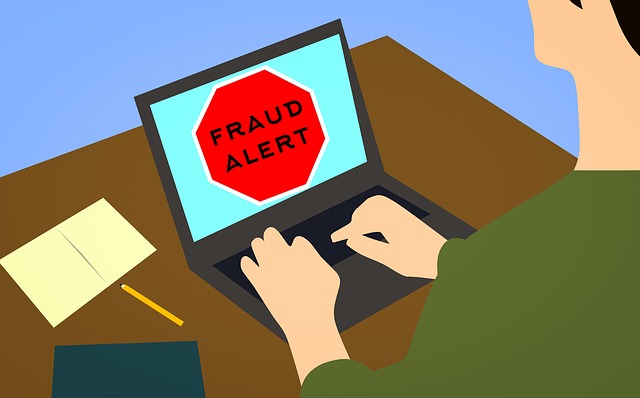
In Uncertain Times, Nonprofits Must Keep Up With Legal Compliance
04.11.2025 | Linda J. Rosenthal, JD

Have you heard about the “insider” thefts at the British Museum?
The details have been dribbling out since August in one shocking headline after another. See, for instance, here, here, here, here, and here. Officials at the world-renowned art institution have acknowledged that a senior curator of Greek and Roman art, a trusted 30-year employee, had – for several years – taken thousands of valuable artifacts from the antiquities storerooms.
And much of it wasn’t noticed at all until one of the art historians, about two years ago, began to notice familiar items popping up for sale on eBay. Despite being alerted to the possible theft, this looting continued – amid apparently lax security – until the alleged perpetrator was identified and fired earlier this year.
He wasn’t the only casualty of this sordid scheme. The former British Museum director also has resigned for the security failings, and the chair of the board of directors has been obliged to answer a laundry list of difficult questions before a Parliament committee.
In addition, inquiries have spread to arts institutions across the U.K. who are under new scrutiny about the adequacy of their own security precautions and procedures.
The icing on the cake? It’s snowballed into an international incident. “While details surrounding a spate of thefts at the British Museum continue to emerge, Greek officials are using the scandal to politick for the return of the Parthenon Marbles.” The British Museum has “owned the Marbles since they were removed from the Acropolis of Athens in the early 19th century by British nobleman Lord Elgin.”
Authorities have “repeatedly denied Greece’s requests for the relics to be repatriated. But the Greeks’ campaign has gained momentum in recent years amid international calls for cultural institutions” to shed these disputed holdings. According to Greece’s Minister of Culture, in a recent interview: “‘The loss, theft, deterioration of objects from a museum’s collections is an extremely serious and particularly sad event. In fact, when this happens from within, beyond any moral and criminal responsibility, a major question arises regarding the credibility of the museum organization itself.’”
In a tweet or an X or whatever, she added: “Perhaps the Parthenon Marbles are not safe in the U.K. after all. They should be moved to a museum in Athens where they can be well cared for…”
Ouch.
No doubt this tawdry tale will feature prominently in the lively buzz on opening day of Charity Fraud Awareness Week 2023 (November 27 – December 1). The kickoff conference is next Monday morning in London and continues all week.
This annual meeting began as a United Kingdom project but it’s expanded globally through the Commonwealth nations and beyond to government agencies from the United States including the IRS, FTC, and NASCO, the National Association of State Charity Officials.
We’ve reported on the festivities twice before; see Charity Fraud Awareness Push (November 6, 2019) FPLG Blog and Charity Fraud: Often, It’s “Inside the House” (November 16, 2021), FPLG Blog.
BDO UK and the Fraud Advisory Panel sponsor this project “to raise awareness of fraud and cybercrime affecting the sector and to create a safe space for charities and their supporters to talk about fraud and share good practice.”
On the agenda as well are discussions of the results of the Charity Fraud Survey 2023 which are expected to help “paint a picture of the charity fraud landscape and raise awareness of fraud risk in the UK charity sector.”
Of course, that “landscape” is large and surprisingly consistent among the participating nations. It includes “insider fraud,” of course, but covers many other forms of wrongdoing as well; for instance, garden-variety embezzlement, fundraising and donation deceit, and the sprawling cybercrime threat. In Charity Fraud Awareness Push (November 6, 2019) FPLG Blog, we listed and linked to just a portion of our many and varied posts on charity fraud.
While recovering from Thanksgiving overindulgence, you may want to check out the more-in depth analyses by the sponsors of last year’s Charity Fraud Awareness Week. See Charity Fraud Report.
Under the hashtag #StopCharityFraud, they have also uploaded discussions of timely topics like the threat of insider fraud in remote and hybrid work situations.
– Linda J. Rosenthal, FPLG Information & Research Director
